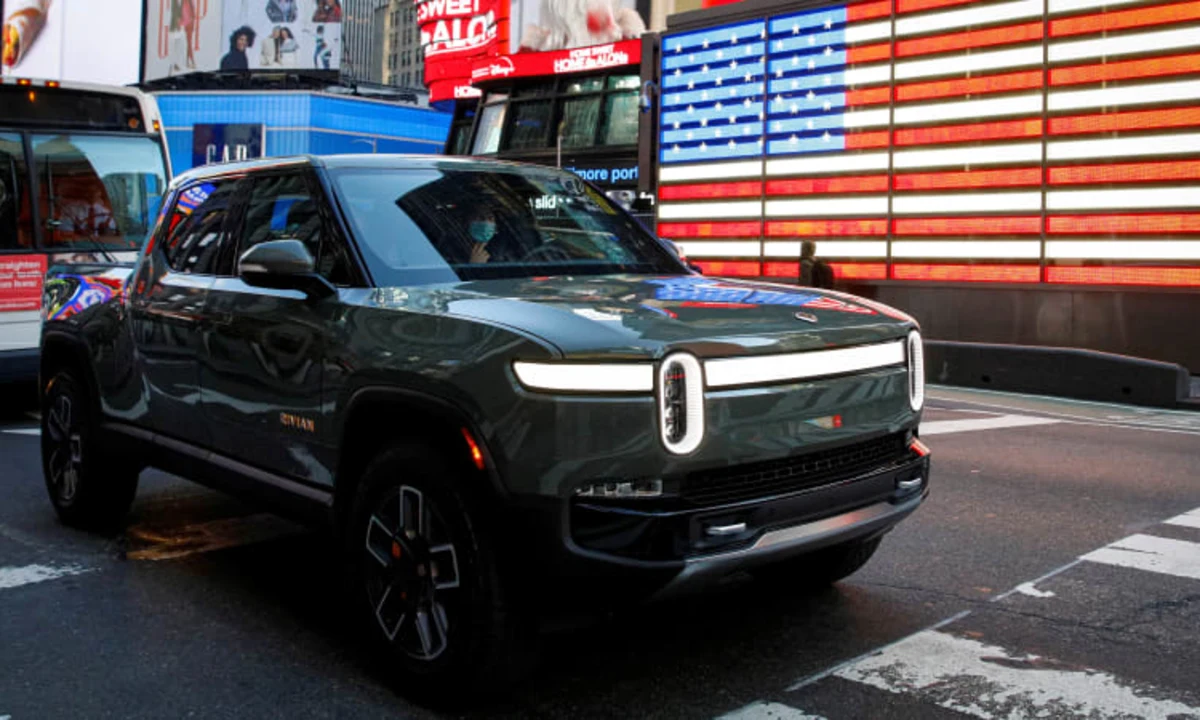On April 12, 2023, the United States Treasury announced changes to its list of electric vehicles eligible for a $7,500 EV tax credit, based on new regulations for battery sourcing. As per the new rules, popular automakers like BMW, Nissan, Rivian, Hyundai, Volvo, and Volkswagen are no longer eligible for the credit. The updated regulations will come into effect on Tuesday.

Additionally, the tax credit for the Tesla Model 3 will be cut to $3,750, whereas other Tesla models will still qualify for the full $7,500 credit. General Motors EVs, including the Chevrolet Bolt and Bolt EUV, will be eligible for the full credit. The EV tax credits were made mandatory by Congress in August 2022, as part of the Inflation Reduction Act. The IRA requires that 50% of the value of battery components be produced or assembled in North America to qualify for $3,750. To be eligible for the remaining $3,750, 40% of the value of critical materials must be sourced from the U.S. or a free trade agreement country. These regulations are aimed at reducing the U.S.’s reliance on China for EV battery supplies and improving the U.S.’s own control over the EV supply chain.
Electrification goals
By 2030, President Joe Biden wants to see 50% of new vehicle sales in the United States being electric or hybrid. To support this goal, the Treasury has introduced new rules for battery sourcing, with the aim of reducing the country’s reliance on China for EV battery supplies and boosting the U.S.’s own capacity to control the supply chain. The new requirements, which will take effect from Tuesday, mean that BMW, Nissan, Rivian, Hyundai, Volvo, and Volkswagen EVs will no longer be eligible for a $7,500 EV tax credit. The Tesla Model 3 will also see a reduction in the credit to $3,750, while other Tesla models and all General Motors EVs will remain eligible for the full $7,500 credit.
The Environmental Protection Agency has also proposed new emissions rules that would see 60% of new vehicle sales in 2030 being electric. Most major automakers have plans to build battery plants in the United States, except for Volvo, which is majority-owned by China’s Geely. Hyundai and Rivian are constructing plants in Georgia, with Hyundai’s plant scheduled to begin commercial production of Hyundai, Kia, and Genesis EVs in the first half of 2025. Volkswagen is building the ID.4 in Chattanooga, Tennessee, and will locate its North American battery plant in Ontario, Canada. BMW is investing $1.7 billion in manufacturing vehicles and batteries in South Carolina. However, for EVs that do not qualify for consumer tax credits, there is a loophole: the Treasury announced in December that ineligible EVs could still potentially qualify for a commercial leasing credit, which is also worth $7,500.
Production
The push towards building battery plants in the U.S. is part of a larger effort to reduce reliance on foreign supply chains and increase domestic production. This is especially important in the case of EVs, as batteries are a critical component and their production has been dominated by countries like China and South Korea. By building battery plants in the U.S., automakers can not only benefit from the tax credits but also gain more control over their supply chain and reduce risks associated with geopolitical tensions and trade disputes. Additionally, local production can lead to cost savings and more competitive pricing for EVs, which could help increase adoption rates among consumers.
Overall, the shift towards domestic production of EV batteries and vehicles is a positive development for the U.S. auto industry and the broader economy. It can create jobs, reduce emissions, and help achieve the goal of a cleaner and more sustainable transportation system. However, there are still challenges to overcome, such as the need for infrastructure investment and overcoming consumer concerns around range anxiety and charging times.











